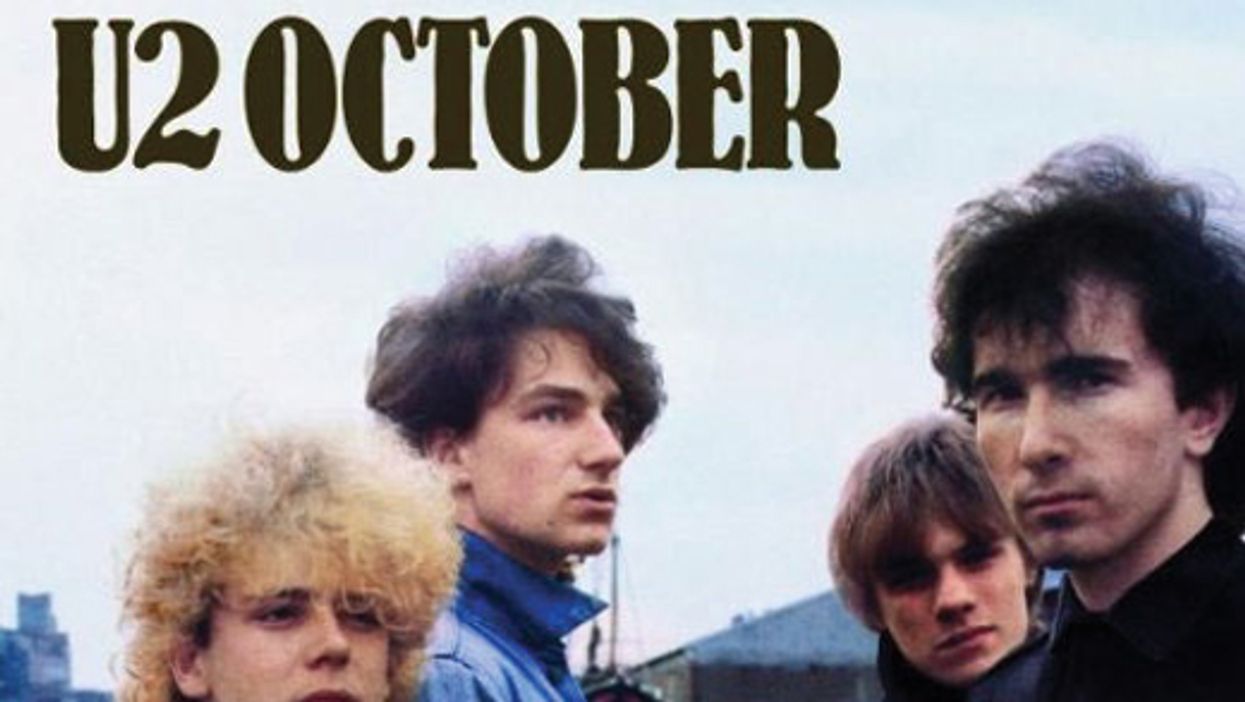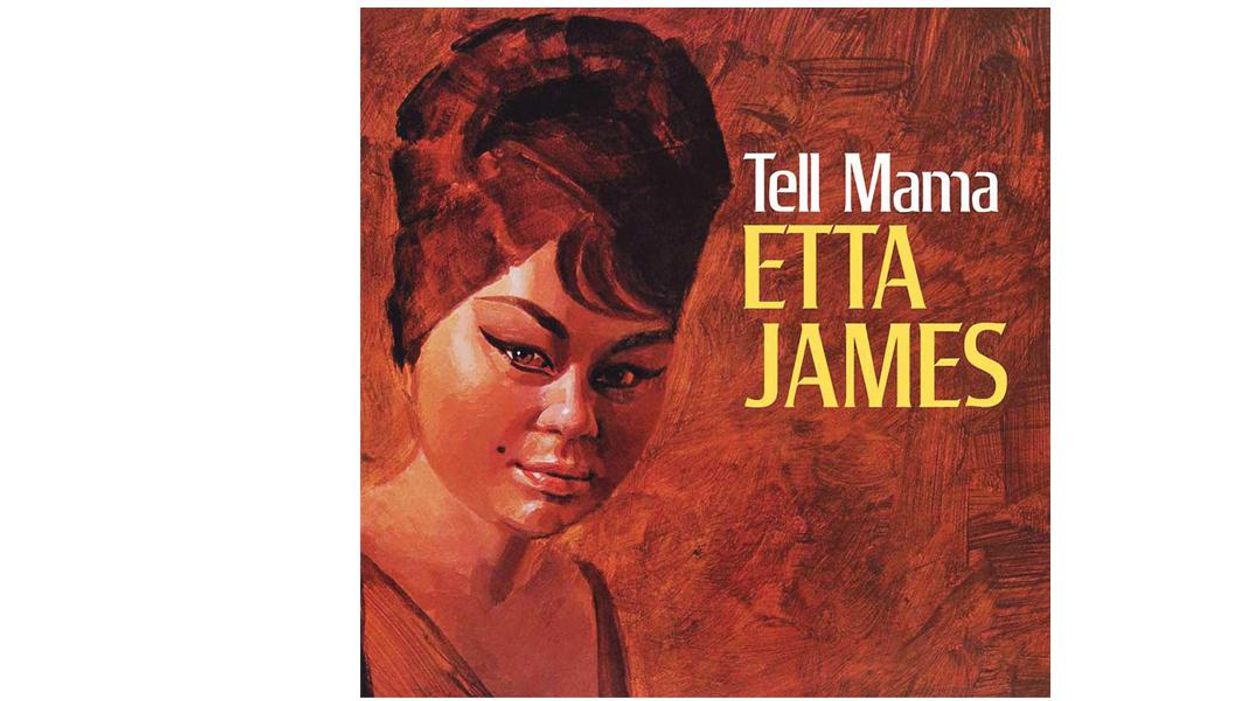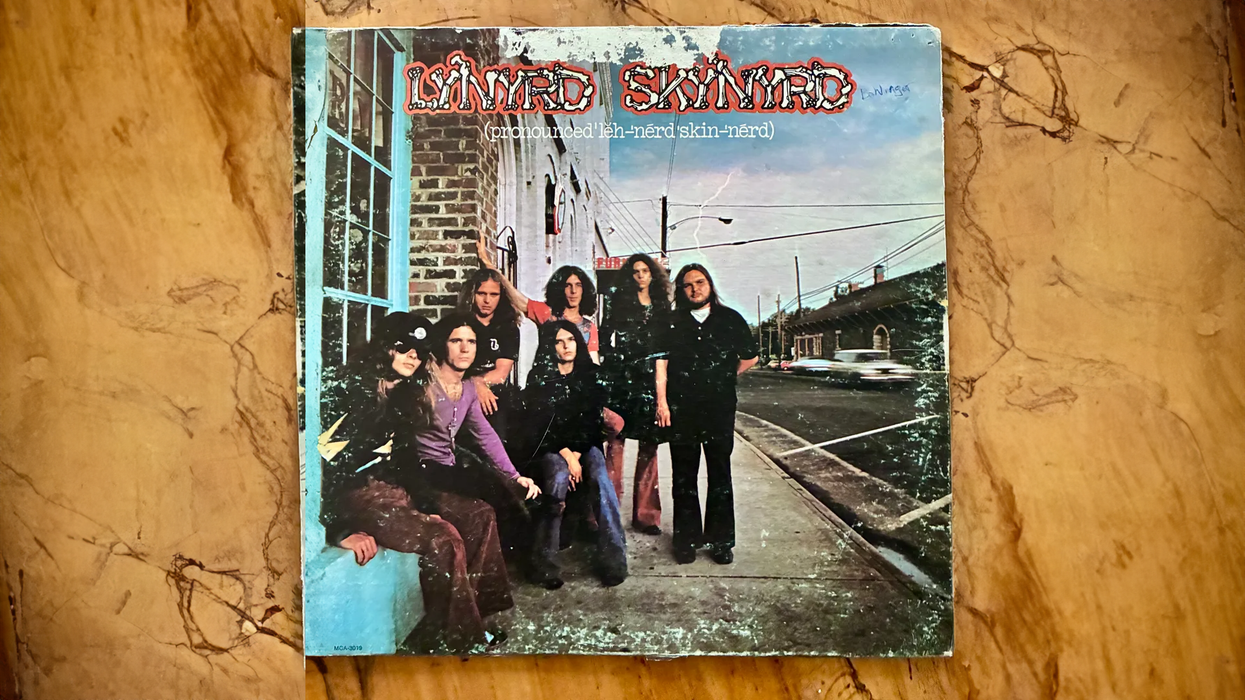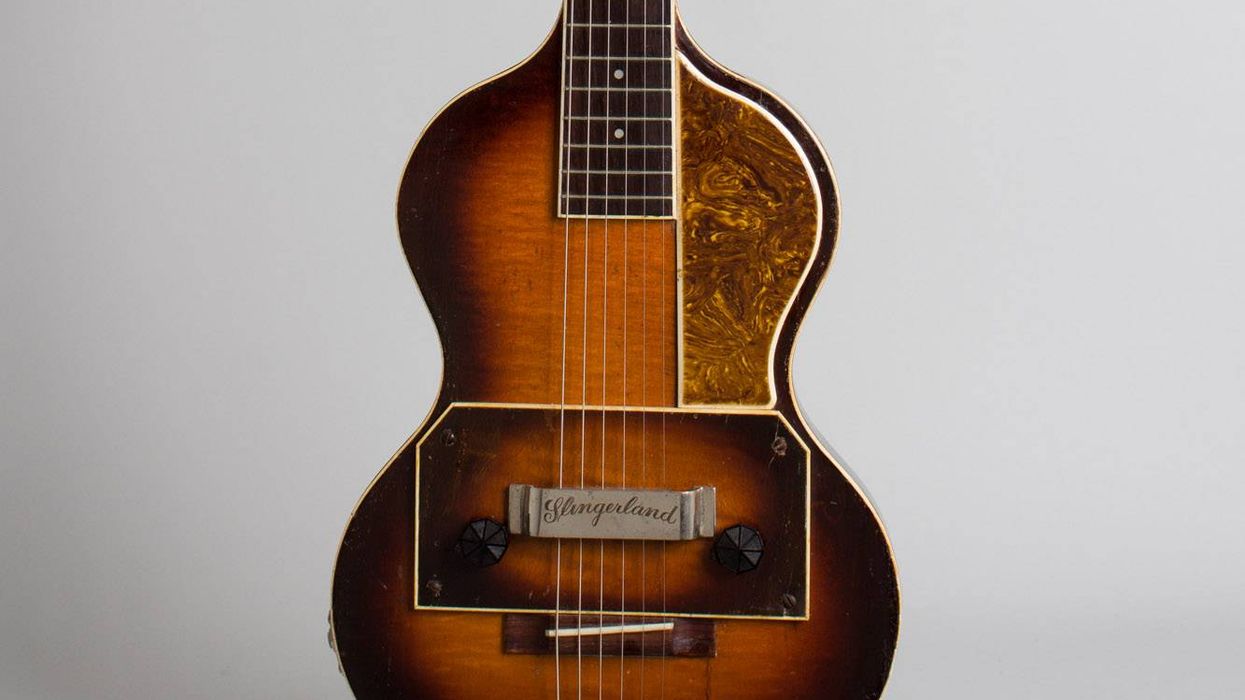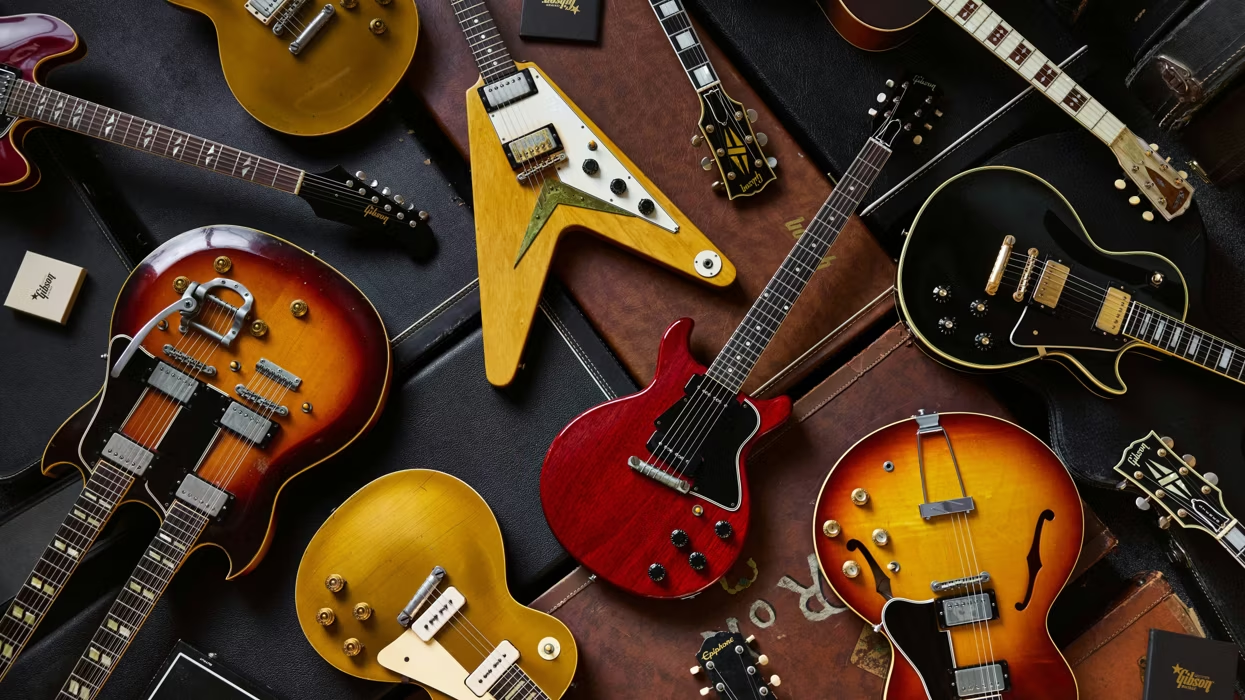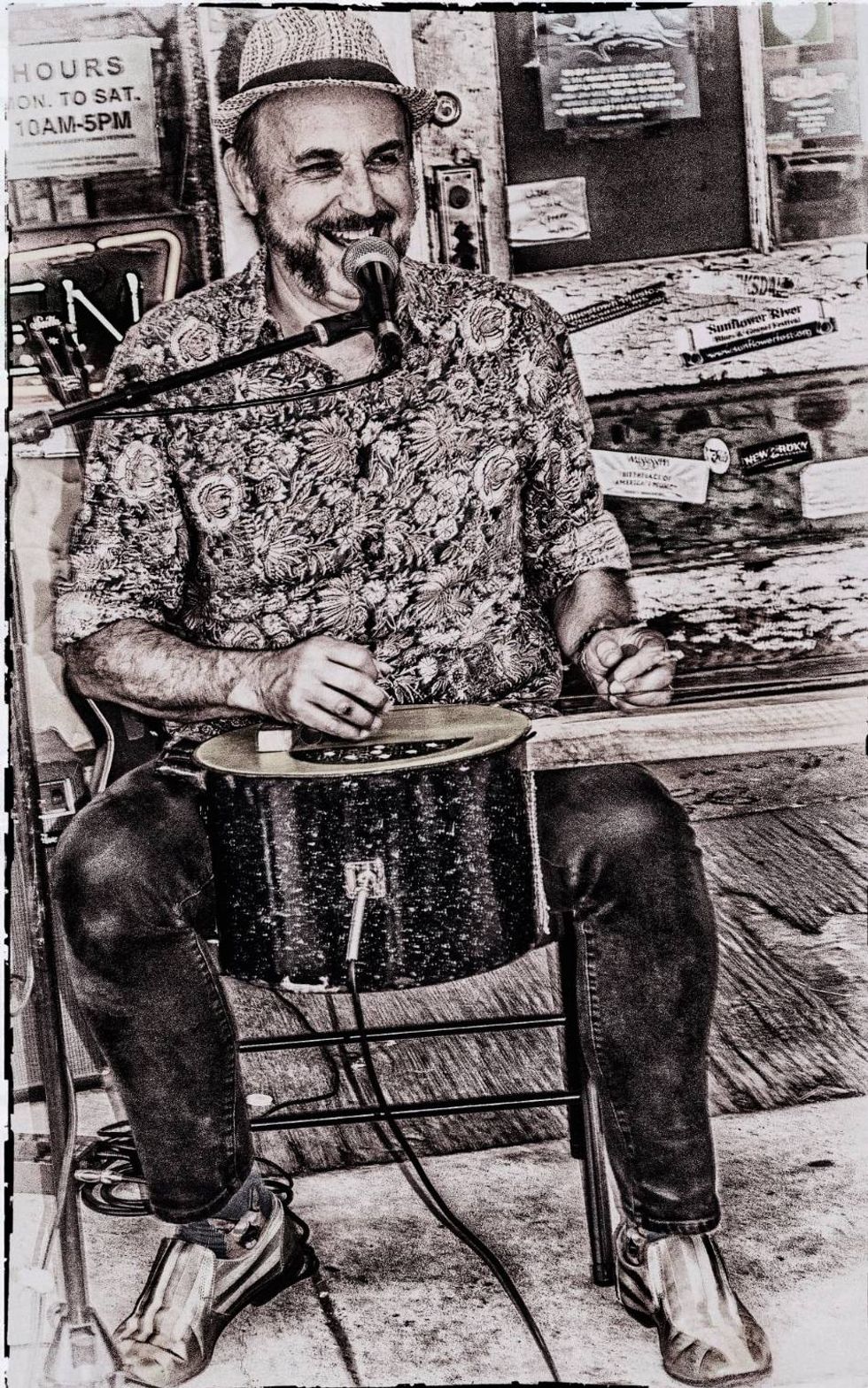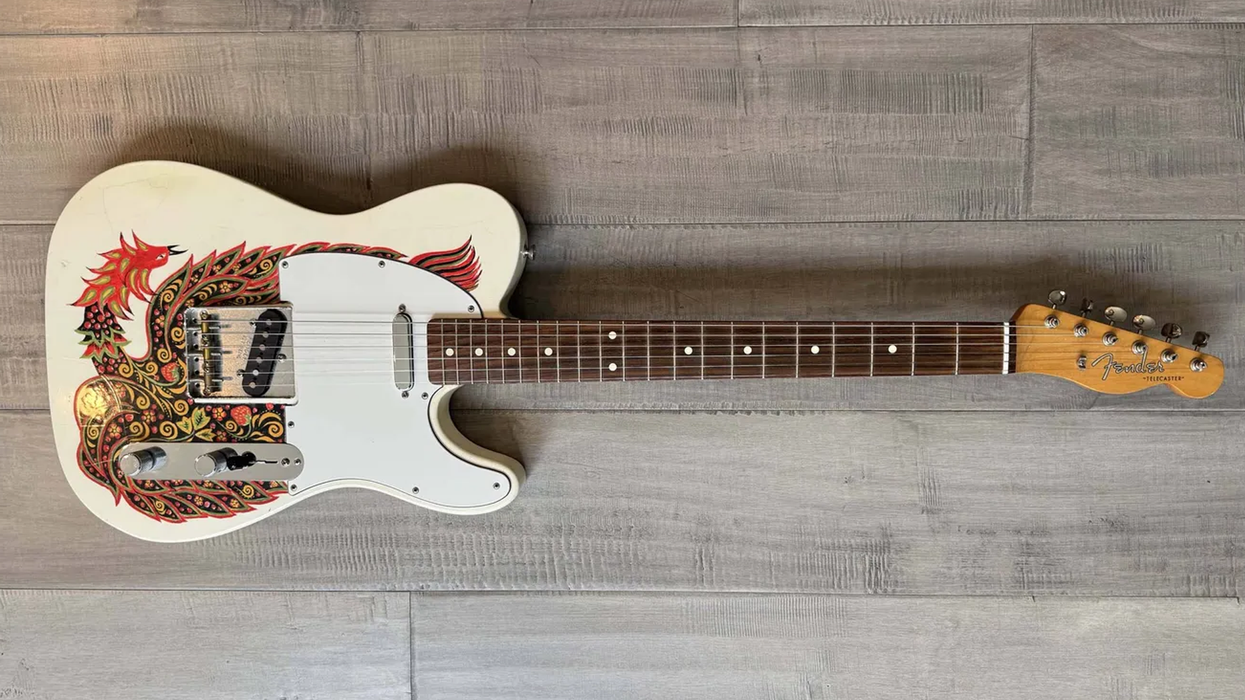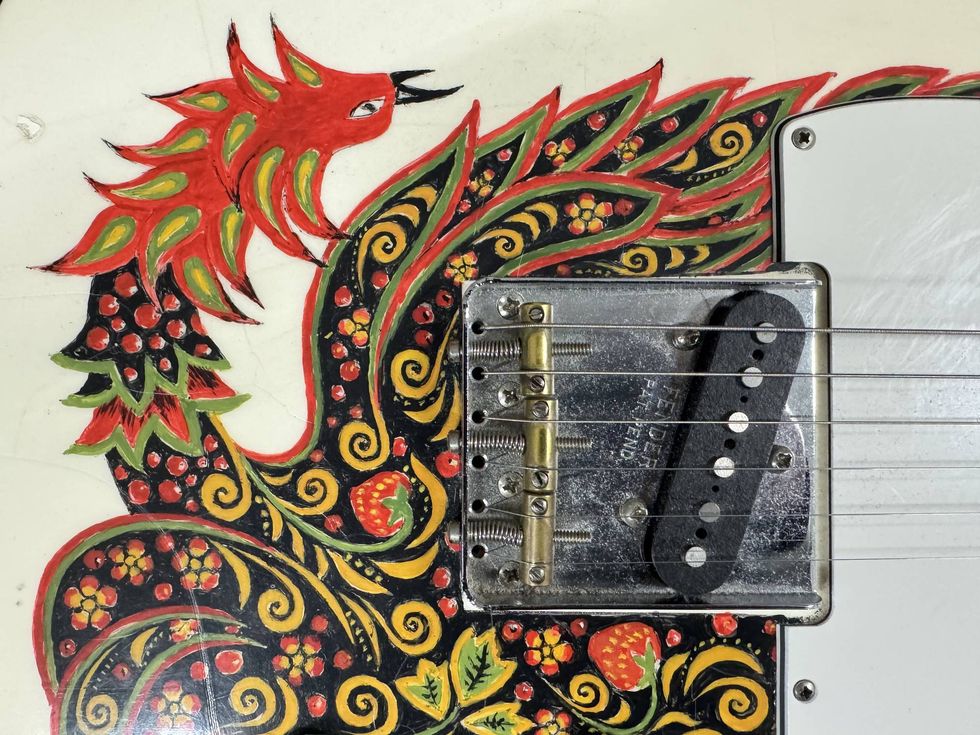Hey, Obama! If you're not too busy perusing my emails and tapping my phone, please take a minute to read this column. I have a simple idea that will set our country back on the right path. What's the game changer, you ask? Give artists a tax break.
Think about it: What does America do best? Creativity, that's what. (We also excel at violent sports, eating too much, shooting guns, growing legal marijuana, and generally thinking we are cooler than all other countries.) The stuff that comes out of American brains has made the world a better place, and our music remains one of our greatest contributions. Sure, the U.K. gave us some fine ditties, caterwauling, and dweedeley-dweedeling guitars, but all of those Brits were just trying to emulate their American musical heroes. The Beatles built their empire on the shoulders of Elvis, Little Richard, the Everly Brothers, Buddy Holly, Carl Perkins, and the Beach Boys. Clapton and Keith Richards wanted to be Robert Johnson. So suck it, Great Britain—we did it first.
It's not solely our music—the U.S. leads the world in nearly all things creative, from film to biotech, computer programming, marketing, and innovative design. It's time for the U.S. to encourage the arts so Americans can continue making the world so damn hip.
Creativity in crisis? A story called “The Creativity Crisis" in the July 2010 issue of Newsweek outlined research suggesting that U.S. creativity is declining. Authors Po Bronson and Ashley Merryman recounted how, in the 1950s, professor E. Paul Torrance designed a test to rate creativity. “The accepted definition of creativity," they write, “is production of something original and useful, and that's what's reflected in the tests. There is never one right answer. To be creative requires divergent thinking (generating many unique ideas) and then convergent thinking (combining those ideas into the best result.)"
But, the authors suggest, U.S. creativity is in decline. They cite the research of Kyung Hee Kim at the College of William & Mary, who analyzed the Torrance creativity scores of 300,000 children and adults. According to Kim, creativity scores were on the rise until 1990, at which point the trend reversed, especially in the scores of children in kindergarten through the sixth grade. “It's very clear," Kim wrote, “and the decrease is very significant."
Because the decline starts with American children, schools should devote more time to encouraging outside-the-box thinking. In the '80s, curriculums grew more concerned with test scores, which may seem like a reliable way to gauge an education's effectiveness. But in doing so, schools have compromised free thinking. One could argue that innovation will grow increasingly rare as people educated in the '90s pass their inside-the-box thinking to their offspring, whose own imaginations will receive little nurturing in school. It could make for a very vanilla future unless something changes.
So how about a little support for American artists to kick-start the visionary juices?
The Irish have the right idea with their Section 195 Taxes Consolidation Act: “The first €40,000 [approximately $52,000] per annum of profits or gains earned by writers, composers, visual artists and sculptors from the sale of their work is exempt from income tax in Ireland."
So Bono and the boys in U2 paid no taxes until they hit it big. They liked it so much that they now live in Monaco to avoid further taxes, and they moved their business to the Netherlands, where the tax rate on royalty earnings is far lower than in Ireland. They still pay millions in taxes, but less than they would in the land of their birth. To paraphrase the late Senator Everett Dirksen: A few million here, a few million there—pretty soon, you're talking real money.
Playing for peanuts. It's nearly impossible to determine what the average American musician earns. The top of the food chain rakes in a king's ransom, while the majority takes home peanuts. (I know that from personal experience—some years my earnings were frighteningly thin, and I literally lived on the free peanuts they served at the bar where I played.) A bit of tax savings would have helped me considerably, though I can't imagine that the pittance I paid in taxes made any difference to our bankrupt, spend-crazy country that is still buying bombs we can't afford.
It's not even so much about the money. Tax rates rise as incomes increase. If you are on the bottom end of the wage-earning scale, you only pay about 10 percent to the Feds. But let's face it: Most musicians are bad at math and would rather shave with a cheese grater than fill out a confusing tax form. A bit of encouragement from Uncle Sam would feel good.
This reminds me of a joke that my talented buddy and bandmate Tim Pike told me:
A man dies and finds he's standing third in line at the Pearly Gates. The Angel asks the first guy in line, “What was your annual salary, and what was your profession?
“I made $95,000 as an attorney," comes the reply.
“You may enter," says the Angel.
Second candidate, same question. “I made $45,000. I was a realtor."
He is also permitted to enter. Now it is the third man's turn.
“I made around $11,000."
“Cool," replies the Angel. “What instrument do you play?"


